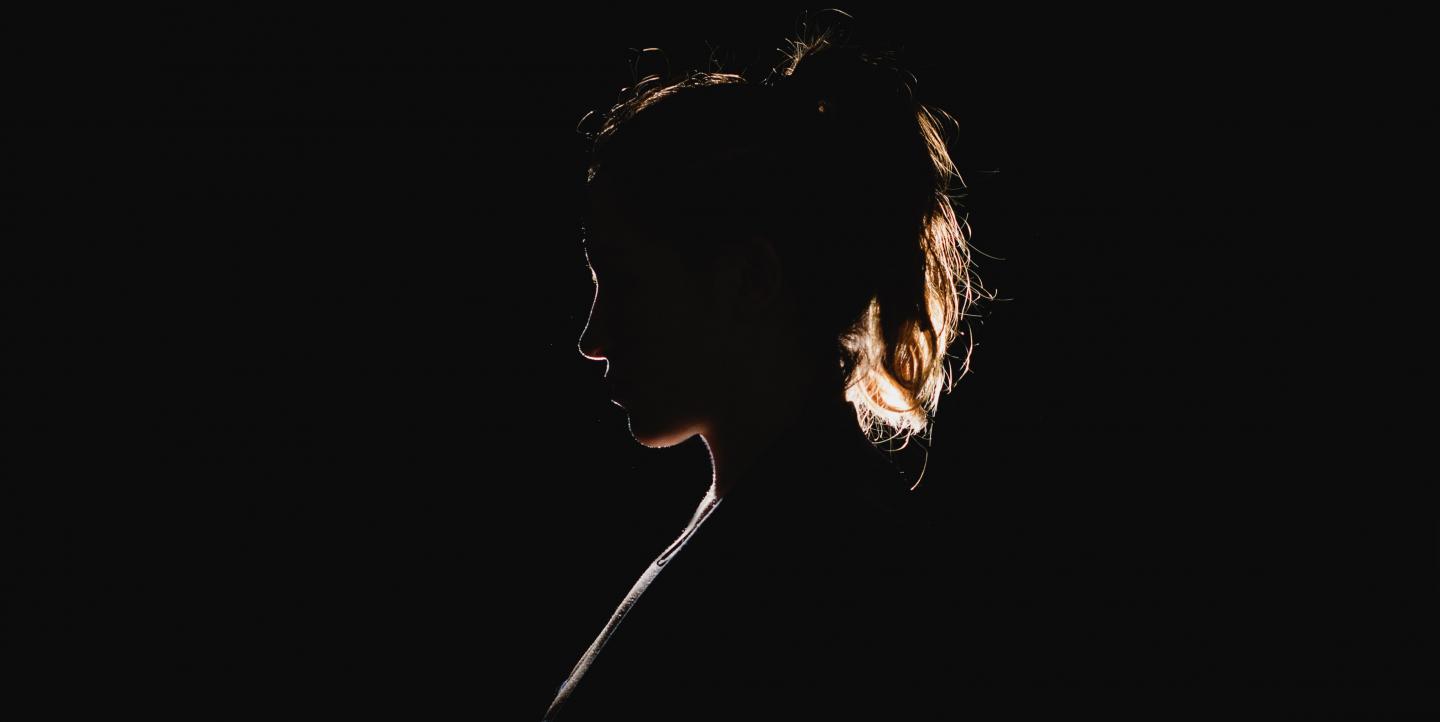Journalists chase, find and cover stories, and sometimes, they become one. From intriguing exposés to provocative thinkpieces and raw memoirs, the personal essay has long been a media staple, enjoying its waves of popularity, especially online.
In 2015, a Slate article highlighted how the "first-person industrial complex" had carved a market for underrepresented viewpoints, while also warning that its economy could be a “dangerous force for the people who participate in it”. The system offers a platform for the unheard, but monetizing the public airing of people’s lives — at least their most outrageous or terrible parts — could encourage an unhealthy mining of vulnerability while taking an emotional toll on writers and leaving them to deal with the consequences.
Two years later, the New Yorker famously declared the personal essay boom over, but in a year like 2020, the genre may have seen a resurgence. “The personal essay, frankly, has never been hotter,” wrote Nicki Porter, senior editor at The Writer Magazine, in July.
"The trend for commissioning personal essays from women writers – which many said had disappeared a few years ago – has returned, and has gained an uptick during the pandemic," says freelance journalist and editor Christobel Hastings. Because of budget cuts, features that would ordinarily be assigned to freelancers are being written in-house, she explains. The few that are being commissioned are geared to pull in a lot of traffic and maximize page views, including clickbait-y, provocative, personal essays with attention-grabbing headlines.
Generally seen as a way for journalists with little or no contacts and experience to break into the industry, these incredibly intimate dispatches can feel liberating and generate a great response from readers, but they pose challenges for editors and writers. It is especially difficult when many are penned by women and people from marginalized groups on the back of their systemic struggles and individual, harrowing experiences.
"Writers of color, in particular, are frequently expected to write about their identity instead of other interests. It's problematic," says Hastings.
Journalists are increasingly familiar with playing the lead role in their social media posts, blogs or newsletters. But broadcasting to a potentially wider audience of strangers through a platform on which they have less control poses a dilemma on where to draw the line between empowerment and exploitation.
"In this industry, women are expected to give away so much of themselves, frequently excavating deeply personal and/or traumatic stories for scant compensation," says Hastings, who wrote some personal essays and features interwoven with first-person anecdotes when she first started freelancing about five years ago. "[Author] Roxane Gay often talks about the way women are expected to 'cannibalize' themselves for content, and it's so true. There is a huge double standard at play. Are the same stories expected from men writers? Rarely."
[Read more: The Young Journalist Community offers a place for early-career journalists to support one another]
Eager to add a byline to their portfolio, secure an industry contact, and make some money, many emerging journalists find themselves considering stories about personal events, relationships or opinions. We asked experienced journalists to share their advice with journalists considering personal essays. Here are their tips for pitching, setting expectations and creating boundaries.
Consider the outcome
"Personal essays can be a great in-road when you're starting out, but it's easy to start writing these pieces without interrogating whether it's actually what you want your name and your work to be defined by," says Hastings. Think hard about how much of yourself to give away, and how much to hold back, she suggests.
"Writing a personal essay may feel cathartic at the time,” she adds. “But do you want it to live on the internet in perpetuity?"
As time goes by, journalists may end up feeling differently about a personal story in the public domain, but by that point, it can be difficult or even impossible to remove it from the digital realm.
Ask for additional help
There is no shame in needing and asking for support. That is particularly true if you're working on a delicate, personal story – and newsrooms need to be helpful. "Editors should be supportive and caring when writers write about sensitive topics to them," says Diyora Shadijanova, first-person and opinion editor at gal-dem, a media company committed to sharing the perspectives of women and non-binary people of color. "If you're finding something hard to write, it's always ok to ask for deadline extensions or for any additional help. It's important that writers are able to ask for help, no matter how big or small the request is."
Be ready for questions and edits
Get ready for some potentially uncomfortable conversations. "Prepare to be perhaps a little shocked when the edits come around as you might be asked very personal questions over a Google doc with track changes,” says author and editor Kate Lucey. She gives some examples: “Can you expand more here on your heartbreak? What was your crying like? Where did you do it? Was this your first breakdown?"
It is crucial to choose the right outlet for your pitch and be transparent about what details you may not want to include. A good fit for your story is one that respects your boundaries.
[Read more: What’s it like to be a woman in media? Four women share their experience.]
Request copy approval
"With personal essays, you are absolutely entitled to ask for copy approval before publication," says Lucey. "A friend once had a personal essay edited to say things she absolutely did not agree with nor would ever say herself, so was glad she caught it in the second round of edits."
Writers, don't be shy and ask to see the final version of your article, and editors, be willing to share for final approval.
Know your options
For some, personal essays are the perfect option for self-expression, connection and portfolio-building. “But writers – especially women – should know that they can write about whatever they want to, from news reports and opinion pieces, to deeply researched features and investigative journalism,” Hastings says. However, she admits that the industry needs to do better to encourage writers of all backgrounds and identities to pitch diverse stories, and editors need to be proactive about seeking them out.
“I’d also encourage people to not put pressure on themselves to earn money by [writing of personal experiences],” she adds. “Once you have secured a stable source of income, you’re not beholden to mining your lived experiences for rent; so when the time comes when you do want to write a personal essay, it’ll be of your own free accord.”
Cristiana Bedei is an Italian freelance journalist with international experience.
Main image CC-licensed by Unsplash via Molly Belle.


